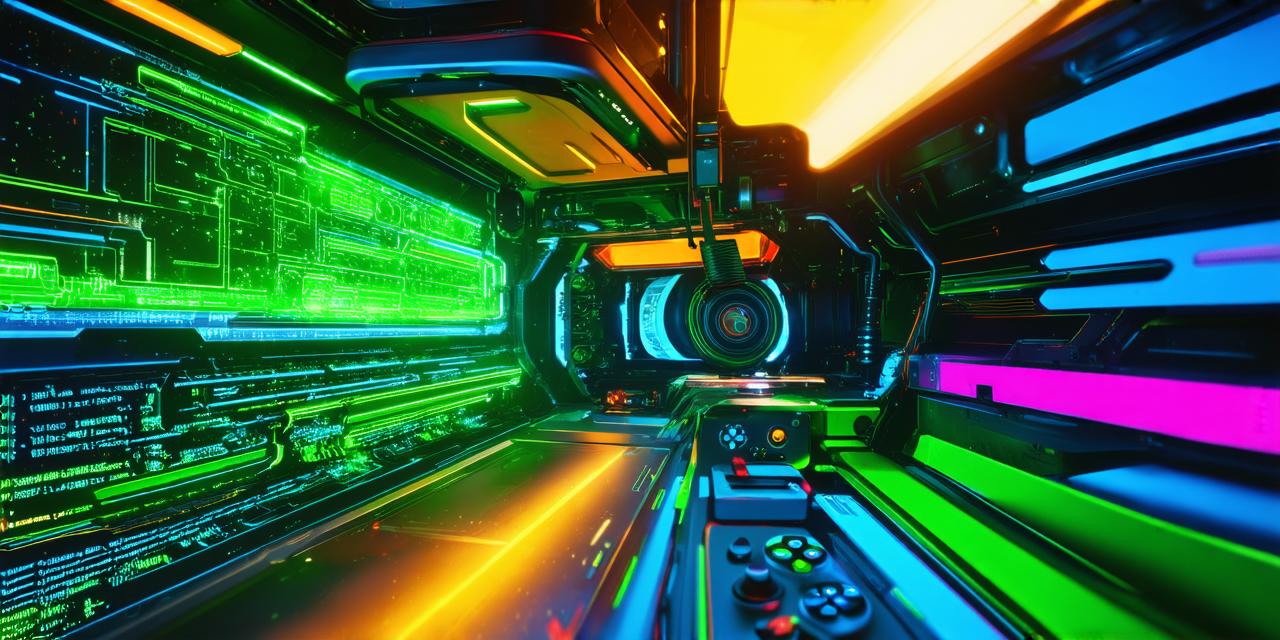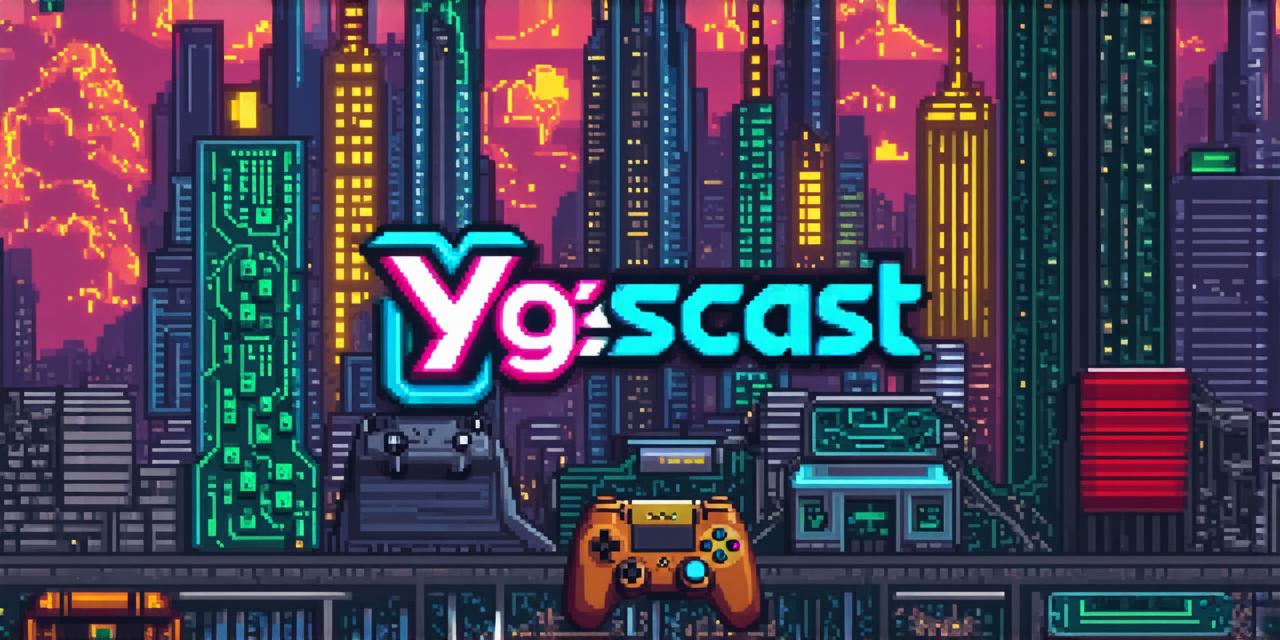Video game development is a complex process that requires expertise in multiple fields such as programming, art, design, and production. Developing a video game involves several stages, each of which requires careful planning, execution, and testing to ensure that the final product meets the needs and expectations of the target audience.
1. Conceptualization
The first stage of video game development is conceptualization, which involves brainstorming ideas for the game, identifying the target audience, and determining the type of game to be developed. This stage also involves creating a project plan that outlines the goals, timelines, budget, and resources required for the project.
Case Study: The Development of “Minecraft”
Minecraft is one of the most popular video games in history, with over 140 million copies sold worldwide. The development of Minecraft began in 2009 when Swedish programmer Markus Persson started working on a simple block-building game that he called “CraftBukkit.” The initial version of the game was released in May 2009 and quickly gained popularity among gamers who appreciated its simplicity, flexibility, and creativity.
The development team for Minecraft used various tools and technologies to create the game, including Java programming language, C++, and OpenGL graphics library. They also worked closely with a community of players and developers who contributed ideas, resources, and feedback to improve the game’s features and performance.
2. Pre-Development
The pre-development stage involves creating a prototype or demo version of the game, testing it with users, and refining the concept based on their feedback. This stage also involves designing the game’s art assets, such as characters, environments, and objects, and developing the game’s mechanics and rules.
Case Study: The Development of “Portal”
Portal is a puzzle-adventure video game developed by Valve Corporation in 2007. The game features two portals that players can use to transport themselves and their equipment through a series of increasingly complex and challenging levels. Portal was a groundbreaking game that won numerous awards, including the Game Developer’s Choice Award for Best Direction.
The development team for Portal used various programming languages, such as C++ and Python, to create the game’s mechanics and physics engine. They also worked closely with artists and designers to create the game’s visually stunning environments and characters. The game’s unique concept and innovative gameplay made it a critical and commercial success, inspiring many other puzzle-adventure games.
3. Development
The development stage involves building the game’s core features, such as the graphics, sound, AI, and network code, and integrating them into the game engine. This stage also involves testing and debugging the game to ensure that it runs smoothly and is free of bugs and glitches.

Case Study: The Development of “The Legend of Zelda: Breath of the Wild”
The Legend of Zelda: Breath of the Wild is one of the most highly praised video games of all time, with a Metacritic score of 92 out of 100. The game was developed by Nintendo EAD Tokyo and released in 2017 for the Wii U and Nintendo Switch consoles.
The development team for Breath of the Wild used various programming languages, such as C++ and Assembly, to create the game’s graphics, physics, and AI systems. They also worked closely with artists and designers to create the game’s vast open-world environments and characters. The game’s innovative features, such as its expansive world, dynamic weather system, and free-roaming gameplay, made it a critical and commercial success, setting new standards for video game design and development.
4. Post-Development
The post-development stage involves marketing the game to the target audience, distributing it through various channels such as retail stores, digital platforms, and subscription services, and providing ongoing support and updates to keep the game fresh and engaging.
Case Study: The Launch of “Fortnite”
Fortnite is a multiplayer battle royale game developed by Epic Games and released in 2017 for various platforms.




